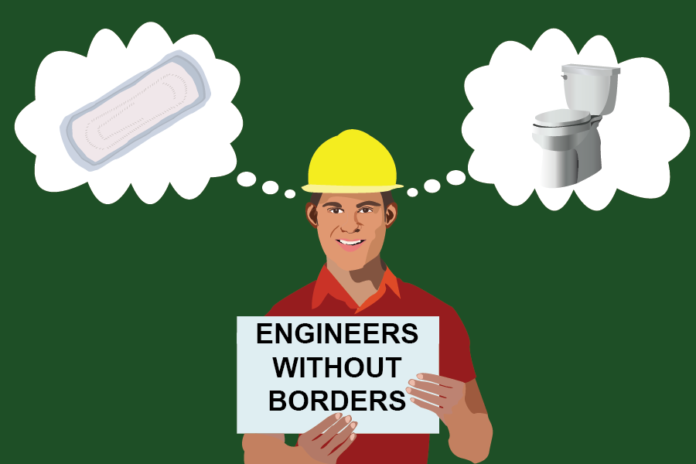Engineers without Borders at UC Davis provides sustainable solutions to empower underserved communities globally
Engineers without Borders applies engineering skills to provide solutions that elevate the quality of life in underprivileged communities in developing countries. The Davis chapter of the organization currently has three projects in Peru, Bolivia and Kenya and has had successful projects in both Peru and Nicaragua.
“EWB is a unique organization in that it has an impact on both the communities we partner with and on our UC Davis students,” said Professor Colleen Bronner, the faculty advisor for EWB at UC Davis. “We help communities raise the funding […] for water and sanitation projects and provide some of the technical expertise needed for the designs.”
As members of EWB, UC Davis students learn resourceful construction techniques and create relationships with different cultures where both parties learn from each other. The hope is that, through the experience, students learn that underprivileged communities aren’t victims and instead have much to offer. They just don’t have the resources to do so.
“Many developing communities around the world have been positively impacted by the projects that EWB has completed,” said Tanisha Potnis, a fourth-year mechanical engineering major and president of EWB at UC Davis. “Projects are targeted at helping communities achieve basic human needs such as sanitation, water distribution and construction.”
The Peru project focuses on improving the water distribution system of La Huaylla in northern Peru. The current water distribution system doesn’t provide sufficient clean drinking water for the community it’s serving. Last year, the team traveled to Peru to build a reservoir to increase the amount of water that could be stored. This year, the team is returning to install new pipes in the current distribution system to minimize leaks and ensure they’re properly sized to maximize the amount of water stored. They’re hoping that providing a sustainable solution to La Huaylla will help spread awareness to neighboring communities.
“The community is made up of 250 households,” said Valerie Yanez, a fourth-year civil engineering major at UC Davis and the co-lead for this project. “The goal is that the community of La Huaylla will have access to sufficient quantity and quality of water […] especially during peak hours to meet demands.”
The Bolivia Project hopes to improve sanitation in the community of Parque-Colani by building sustainable latrines in every household. They will travel to Bolivia in the summer to present their designs, teach the community how to build the latrines and start the building process within the community.
“On a greater scale, we hope to educate the entire community of Parque Colani on some basic sanitation techniques that could help eliminate illness and [the] spread of disease in the community,” said Lauren Chew, a third-year civil engineering major and co-lead for this project. “In addition, we hope to be able to provide resources, such as reusable pads, and information on women’s health.”
The Kenya project is working with Mabinju, a village in southwest Kenya, where limited access to clean drinking water leads to the prevalence of waterborne illnesses. While this project is still in the early stages, the team hopes to travel to Kenya this summer to identify the community’s needs.
“With access to clean water, children will not be forced to miss school to fetch water, families will experience greater yield and income from agriculture and livestock and community members will not be exposed to harmful bacteria in water,” said Mark Susanto, a fourth-year mechanical engineering major and co-lead for this project. “In addition, our project will visit local schools to promote both STEM education and gender equality in all industries.”
EWB hopes to continue serving underprivileged communities and increase its presence on campus, diversifying the team to include members of all majors.
Written by: Kriti Varghese — science@theaggie.org




